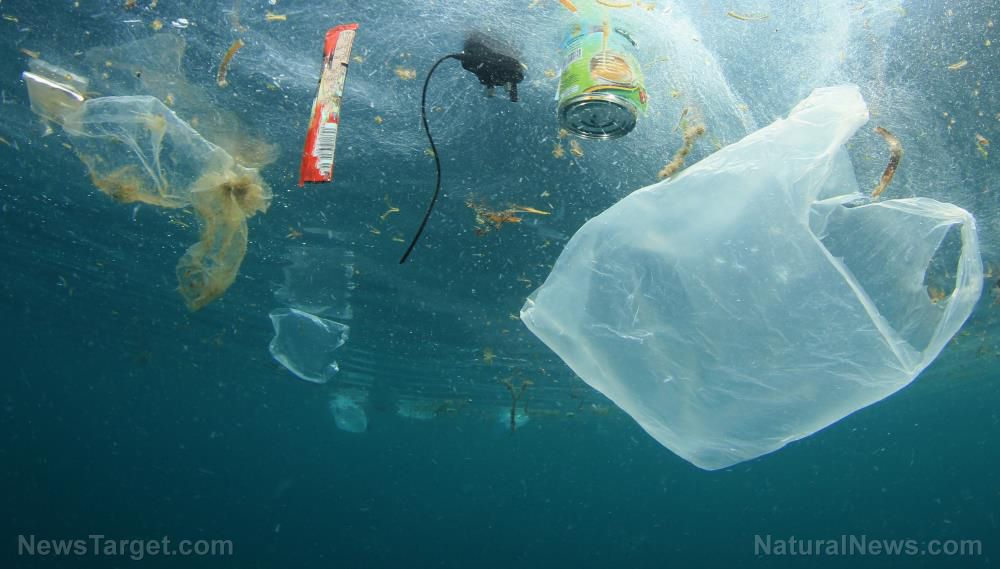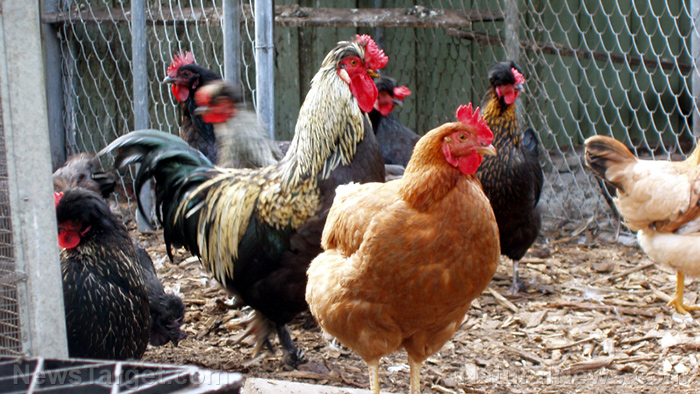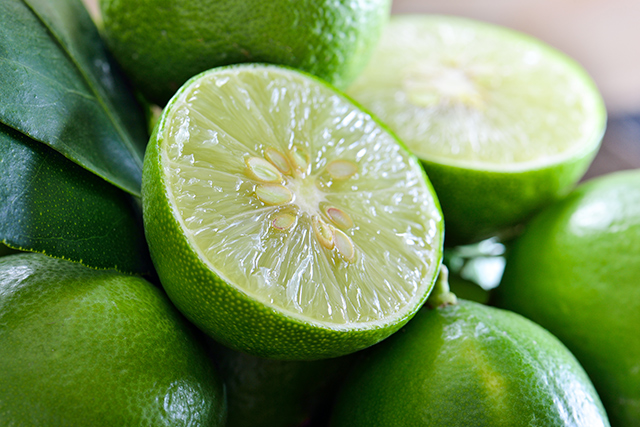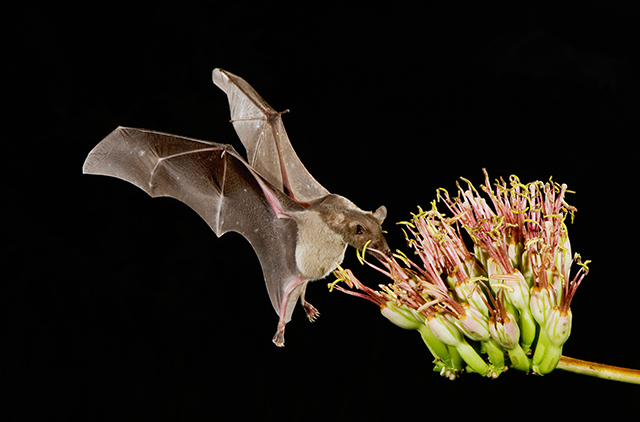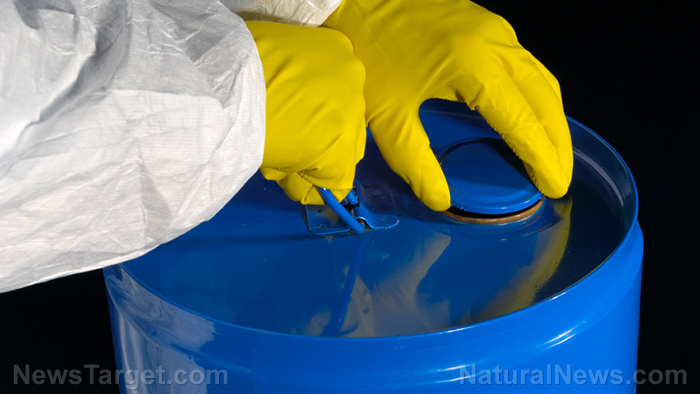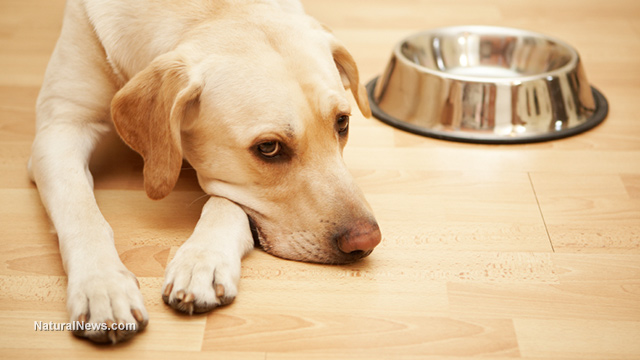Top 10 ways to prevent your pets from getting cancer and dying young
08/17/2017 / By S.D. Wells

One out of every three Americans will get cancer in their lifetime, and only half of those victims will survive it, so how are our pets any different? Cancer barely existed in America a century ago, and that’s because we didn’t process food with chemicals then, and we didn’t have chemical-based medicine then, and we weren’t spraying toxic insect killer and carcinogenic weedkiller on our crops and yards. Think about it: Cancer is acquired by consuming chemicals, putting them on our bodies, and injecting them into our blood and muscle tissue, yet the epic “search for the cure” rallies onward, while we poison our pets just as we do ourselves.
Many Americans treat their pets, whether those are cats, dogs, goats, pigs or birds, with the same love and kindness that they do their children. We celebrate pet birthdays, set up play dates, clean them, groom them, and spend thousands of dollars when they get sick or need operations, and even give them funerals. In that same light, millions of Americans trust their veterinarian’s advice 100 percent of the time without question, just as they do their medical doctors. But is that a good thing?
What if all those chemical vaccines, operations, flea killers and medications are toxic and cause leukemia and bone cancer? Plus, what if most pet food contains heavy metal toxins, genetically modified ingredients, dangerous toxic fillers, and food imported from the most polluted industrial nation in the world – China?
It’s time you took some major precautions and looked into preventive “medicine” for your pet, just as you should be doing for yourself and your children. After all, if you don’t, it could cost you and your children thousands of dollars and major, unnecessary emotional turmoil. Let’s take a look right now at 10 simple actions you can take to protect your family and your beloved pets from cancer.
#1. Never spray Roundup weedkiller in your yard
Cats and dogs have soft pads on the bottom of their paws that absorb toxins quite easily. If you’re one of the millions of Americans who has never been educated about the dangers of glyphosate and the “inert” ingredients of Roundup, then you probably spray weedkiller in your yard regularly. This top-selling poison is classified as a probable carcinogen by the International Agency for Research on Cancer (IARC).
#2. Never feed your pet any food made or packaged in China
China is the most polluted nation on earth, and even certified organic food from there can arrive in America loaded with heavy metal toxins, since the USDA doesn’t test for heavy metal toxins at all, ever. Don’t feed your pets treats that contain mercury, lead, cadmium, copper, nickel and aluminum. Your local veterinarian won’t test your pet for heavy metal toxin overload either.
#3. Don’t let your pet drink from the toilet and don’t fill their drinking bowl with tap water
Toxic toilet cleansers, “blue” tablets, and many conventional cleaning products contain scentless bleach, ammonia and other poisons that no animal should ever consume. If you clean your toilet with toxins, keep the lid shut or at least flush it after you’re done. Also, if you still have an IQ above the temperature outside, then you can look on the internet and find out that fluoride in U.S. tap water can cause severe bone disease, kidney disease, a calcified pineal gland, brittle bones and yes, cancer. That’s right, U.S. tap water is medicated with a known carcinogenic insecticide that’s imported from China’s industrial waste division, called sodium fluoride. It’s not good for teeth either, so when your dentist starts lying to you about it, ask him for proof. A growing body of evidence indicates fluoridated water can also cause arthritis, damage to the developing brain, reduced thyroid function and osteosarcoma. Go ahead, look it up!
#4. Never use chemical-based flea spray, powder, collars or ointments
The veterinary industry is a monstrous chemical medicine industrial complex run by Big Pharma, just like the superbug-laden hospitals of America. It all runs under the same premise, where animals are fed toxic food and then come running to doctors to address all their health ills – the same ones the veterinarians exacerbate with chemical ointments, flea medications, powders, sprays, pills, vaccines, operations and bad advice about pet food that’s loaded with GMOs, processed ingredients, and food “stuff” imported from China.
#5. Never flea bomb your house
Dangerous chemical residues can remain on furniture, carpet, kitchen counters and food items after a flea bomb is complete. Half the time, flea “foggers” don’t even reach the places where fleas are hiding. Try using food grade diatomaceous earth for killing fleas. It’s safe and chemical-free.
#6. Don’t let exterminators spray poison in, around or under your home
Nearly all exterminators use chemicals that are toxic to humans and pets. Outdoor pets don’t know any better and will step on these chemicals or even eat small animals and bugs that are already contaminated.
#7. Beware of hoax vaccines your pet doesn’t need
Most vaccines, whether for humans or pets, are completely unnecessary for immunity, are a waste of money, and often contain thimerosal (mercury), formaldehyde, aluminum, animal proteins and other toxic excipients that cause diseases, including autism and cancer. Beware!
#8. Thoroughly research any heartworm medications that may not be healthy for long term use
Have you been scared into giving your pet heartworm meds year round? Well-known veterinarian, columnist and author Martin Goldstein notes that heartworms are … “less of an epidemic than the ‘disease-causing toxicity‘ of heartworm medicine.”
#9. Watch out for pet treats that often contain carcinogenic ingredients, including GMOs
Cats and dogs can die from toxic pet treats loaded with heavy metal toxins. Cross check any treats you might buy with the Health Ranger’s thorough research into this matter at this link from CWClabs and read more about it here. Also, just as humans should avoid GMOs, so should your pets.
#10. Don’t use toxic ant, roach or bug spray, traps or pellets where your pet can get to them
This is just common sense. There are plenty of natural bug repellents and pest control substances that don’t endanger humans or their pets. Do your homework and act accordingly.
Sources for this article include:
Tagged Under: clean pet food, cwclabs, glyphosate, Pet food, pet health, Pets, Roundup, toxic chemicals, toxic pet food

